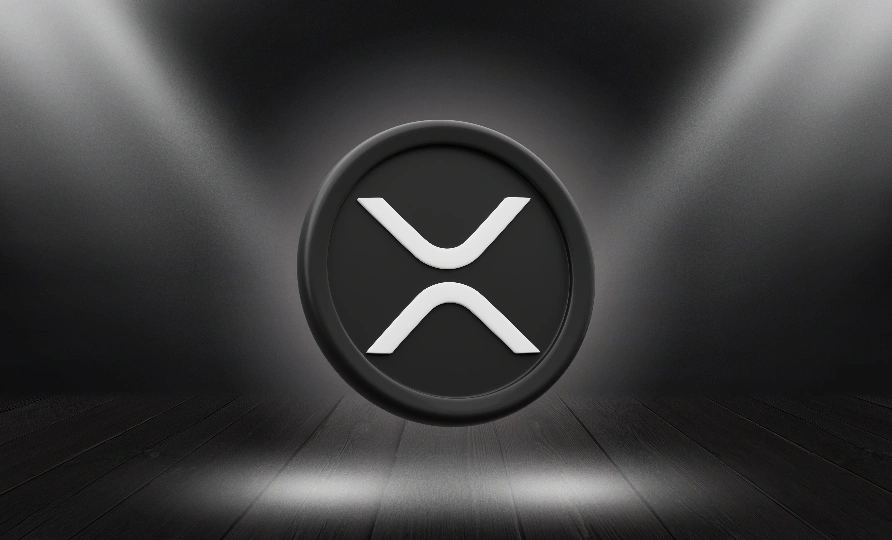The cryptocurrency landscape in the United States has recently undergone a significant shift following a recent court ruling in favor of the blockchain startup, Ripple.
This verdict has established a new precedent, effectively asserting that Ripple’s digital token, XRP, is not inherently a security.
This crucial finding has paved the way for the company to regain its foothold in the American market, with anticipation building that U.S. banks and other financial institutions will exhibit increased interest in adopting XRP for cross-border transactions.
Ripple anticipates re-engagement of U.S. institutions
The forward-thinking firm, based in San Francisco, anticipates initiating discussions with American financial organizations about the potential use of its On-Demand Liquidity (ODL) product in the upcoming third quarter.
This product, powered by XRP, is designed to facilitate money transfers seamlessly and rapidly. This prospect was brought to light during a recent interview with Ripple’s general counsel, Stu Alderoty.
The company’s newfound optimism stems from a transformative ruling by a New York judge. This judicial decree has shattered the arguments presented by the U.S. Securities and Exchange Commission (SEC) against Ripple, stating that XRP is not inherently a security.
For the past three years, Ripple has been embroiled in a legal tussle with the SEC over accusations that the company and two of its executives conducted an unlawful offering of securities worth $1.3 billion via sales of XRP.
Ripple has staunchly refuted these allegations, stating that XRP is more akin to a commodity than a security.
A tale of resilience amid challenges
The company’s journey has not been devoid of tribulations. The legal dispute with the SEC led to substantial business repercussions, with MoneyGram, the American money transfer behemoth, terminating its partnership with Ripple in March 2021.
Tetragon, a U.K.-based investor, also divested its stake back to Ripple after a failed lawsuit attempting to reclaim its cash.
Despite these adversities, Ripple remains resilient and hopeful of a resurgence in its American operations. The recent court ruling has fostered an optimistic outlook, propelling the company to once again become an attractive option for U.S. banks to utilize its ODL product.
Ripple’s primary business focus remains outside the U.S., despite its origins. The blockchain-based firm, which boasts over 900 employees globally, draws the majority of its customers and revenues from overseas markets.
This global footprint is likely to expand further with the increasing adoption of its digital token, XRP, which is currently the fifth-largest cryptocurrency in circulation, boasting a market capitalization of $37.8 billion.
Ripple’s cryptocurrency, XRP, offers a unique solution to the global remittance industry’s challenges. By acting as a “bridge” currency, XRP eliminates the need for pre-funded accounts and allows for instantaneous transactions.
Despite this promising outlook, the company recognizes that the recent ruling is not an absolute victory. Certain transactions involving XRP were deemed to qualify as securities, warranting further review and consideration by the company.
In this rapidly evolving crypto landscape, Ripple’s story serves as a testament to the resilience and adaptability of blockchain startups.
As the company studies the implications of the ruling and gears up to engage in fresh dialogues with potential American customers, Ripple’s journey in the U.S. market has taken a significant and exciting turn.





